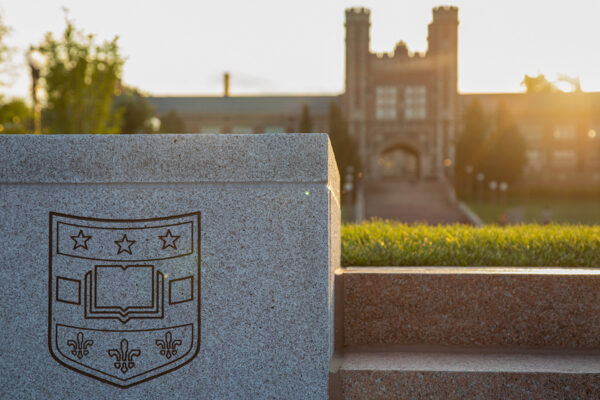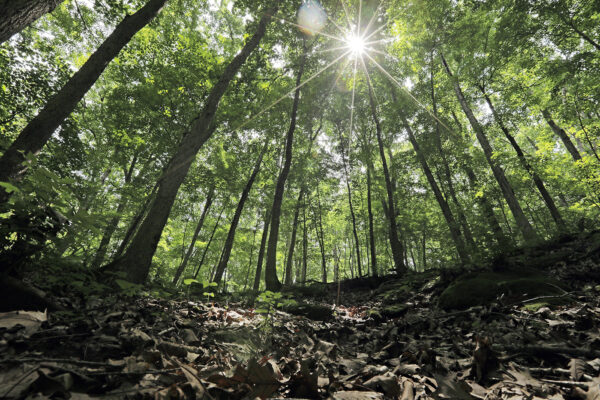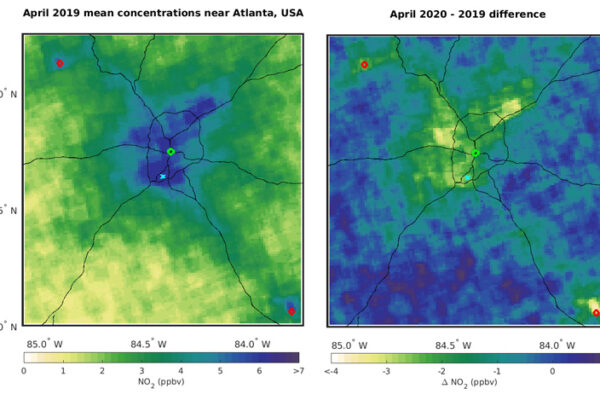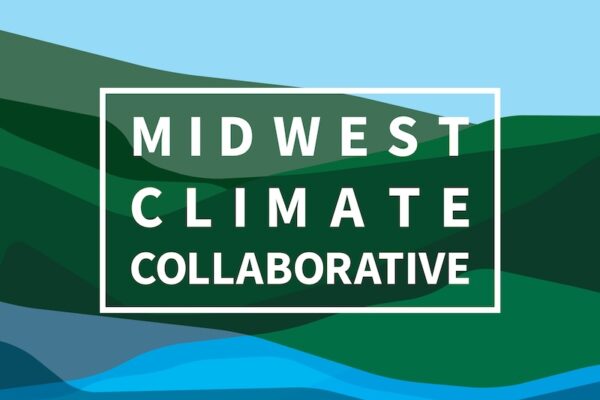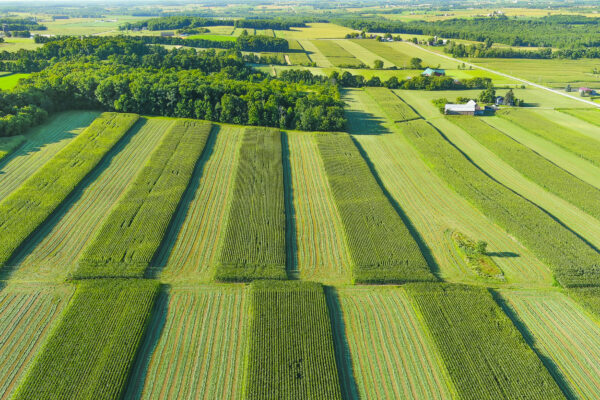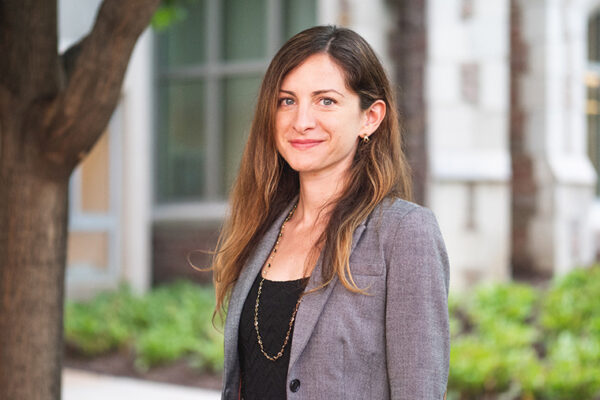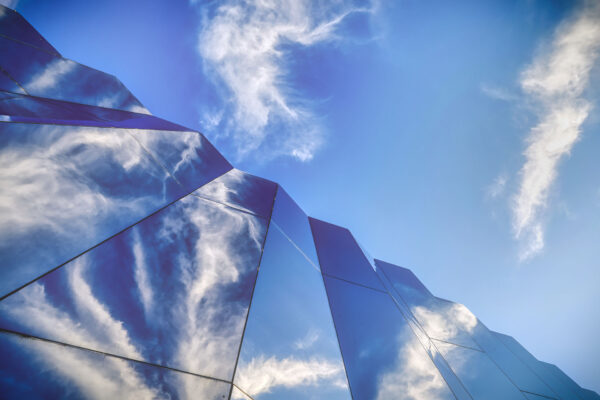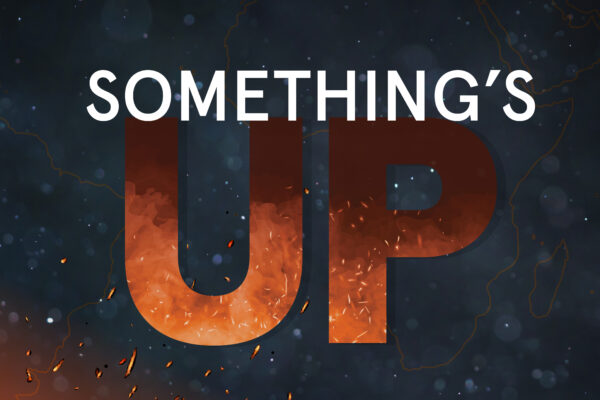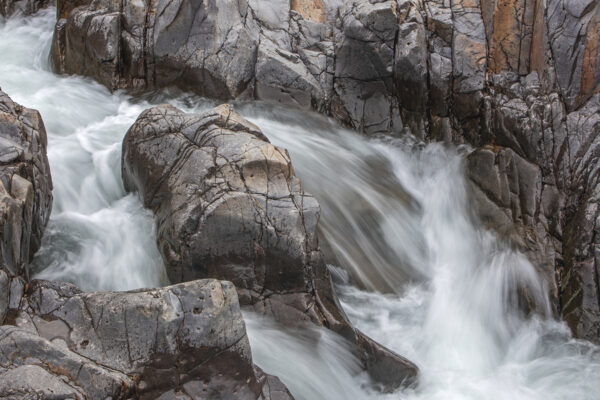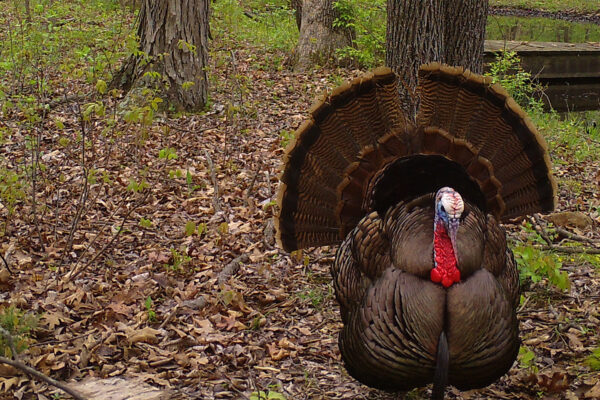Washington University joins Midwest Climate Collaborative as founding member
On Jan. 28, the newly formed Midwest Climate Collaborative launched during a virtual summit. Washington University is one of 30 founding members.
The great tree migration
A new study co-authored by biologist Jonathan Myers in Arts & Sciences provides key insights into how and why tree populations migrate in response to climate change. The research was published in the Proceedings of the National Academy of Sciences.
Lockdown drove pollution changes between – even within – cities
For the first time, researchers can infer levels of nitrogen dioxide on scales as small as a square kilometer thanks to a new method developed in the lab of Randall Martin.
Midwest Climate Collaborative kicks off Jan. 28 during virtual summit
Washington University in St. Louis is a founding member of the Midwest Climate Collaborative, which will be officially introduced during an online summit Jan. 28.
Mitigating environmental impact of herbicides
Research from the lab of Kimberly Parker at the McKelvey School of Engineering looks at the interactions of different herbicides and what they mean for herbicide drift.
Konecky to research the tropical high Andes
Bronwen Konecky, assistant professor of earth and planetary sciences in Arts & Sciences, won a $239,375 award from the National Science Foundation.
Cleaner, greener, safer
WashU is committed to creating a more sustainable world for future generations. Here’s a by-the-numbers look at how.
Something’s up
Rajan Chakrabarty and Randall Martin research fine particulate matter, trying to create a complete picture of the world’s leading cause of environment-related diseases.
A river runs through it
Rock formations called shut-ins confine a section of a river, forcing water to flow between the steep walls of a canyon or gorge. Shut-ins are found in streams and rivers across the Ozarks. But some of the most outstanding shut-ins in the state are located at Johnson’s Shut-Ins State Park, where Washington University scientists are studying bedrock river erosion.
Wild turkeys among us
Trail cameras have captured 567 pictures of local turkeys as part of the St. Louis Wildlife Project, an effort led by scientists at Tyson Research Center and the University of Health Sciences and Pharmacy in St. Louis.
Older Stories
